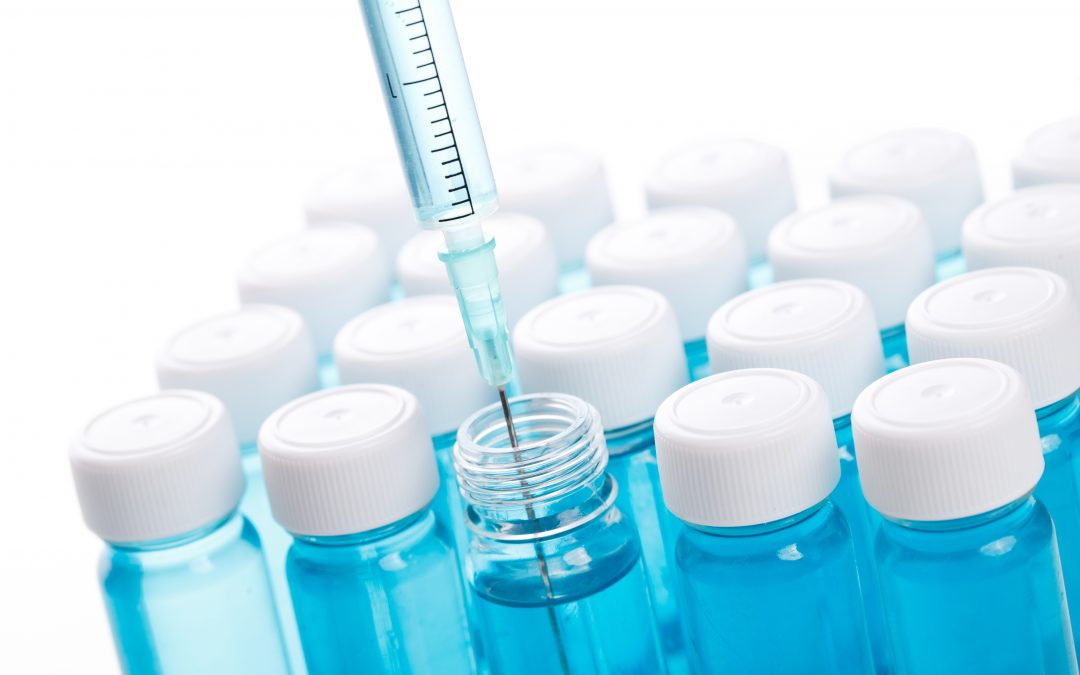My Morning Musings: Treatment, Herd Immunity, and Vaccines
The race for the cure is on! So, let’s take a moment to talk about what’s making headlines right now. To begin, there is so much misinformation and disinformation circulating on social media that I can’t keep up. It’s very disheartening, because many posts and videos sound scientific, use the correct vocabulary, but apply it inappropriately. Without a background in health science, you’d never know that what you’re reading is whackadoo. I honestly don’t know why people do this. Plus, who has the freaking time???? Now, on to more important matters about COVID-19 and the subject line. Immunity is a tough topic, so I have condensed LOTS of information. Basically, I’ve taken my 3-hour immunity lecture and compressed it into 700 words. Grab a cup of coffee and read on.
A promising treatment on the horizon is the use of antibodies taken from recovered patients. Antibodies are blood proteins (specifically found in the fluid portion of blood known as plasma) produced in response to counteract specific foreign proteins called antigens. In science, “foreign” means “non-self”, which is anything that the body recognizes as alien, such as bacteria, viruses, or something that should not be there. When our bodies encounter something foreign, we mount an immune response, which is an entire cascade of events, including inflammation and increased numbers of white blood cells. With time, we can generally build antibodies (anti = against) to the invader. But, antibodies are specific: antibodies to chickenpox won’t do a thing for the coronavirus; we need coronavirus antibodies for coronavirus. This is the premise behind vaccines: with vaccines, a little “disabled antigen” is injected, and the body builds antibodies to the antigen, creating immunity. We keep these antibodies as a sort of biological memory so when the body encounters the antigen in the future, it pulls out one of these antibodies and attacks the antigen without our even knowing it was there. In most cases, like measles, we develop life-long immunity after vaccination. In some cases, like tetanus, we don’t and a booster shot is needed. We build antibodies to other coronaviruses, like the flu, for 1-3 years. Viruses mutate; it’s one way they are able to remain in a population. (Think about HIV – there is still no vaccine for it.) In the case of COVID-19, scientists are working very hard developing a vaccine. However, vaccine development takes time and absolutely must go through the appropriate steps to ensure safety and efficacy. We don’t want a vaccine to make the situation worse, cause any unforeseen circumstance, or create another problem. So, regardless of how quickly we want vaccine development to happen, it just can’t – nor should it – happen quickly.
We don’t know how long people infected with COVID-19 who recover will remain immune to the virus. But, we do know that they create antibodies to COVID-19 and short-acting immunity is better than none. Which brings us to taking antibodies from recovered patients and injecting them into sick patients. Would it work? The short answer is yes. But it is not as simple as taking blood plasma from Recovered Person A and infusing it into Sick Person B. Remember that the body “views” anything not native to the self as foreign, so the plasma has to be free of viruses, toxins, or anything else that would trigger an immune response for something ELSE. This is where it gets tricky:
Active immunity versus Passive immunity
Active immunity: You have the disease or receive a vaccine –> you develop immunity through antibodies = you have active immunity – your body made the antibodies.
Passive immunity: You have the disease you are injected with pre-formed antibodies = you have passive immunity; your body itself didn’t make the antibodies
Active, is always better; however, passive immunity will do just fine in a pinch. During the Korean War, American soldiers were injected with antibodies as protection against hemorrhagic Hantaan virus. It worked. Antivenom, used to treat some snake bites, is another example of treatment made from already formed antibodies. Ultimately, we want to create “herd immunity”, also known as “community immunity.” This means that so many people in the population are immune to the virus that it has nowhere to go and dies out. Remember, the virus needs a host. Without a host, it goes away. In order to achieve this, we need people to survive the illness and develop resistance, we need to develop vaccines, and we need to stop the spread. Proof that we’re all in this together.
Signing off for Science. ☺

